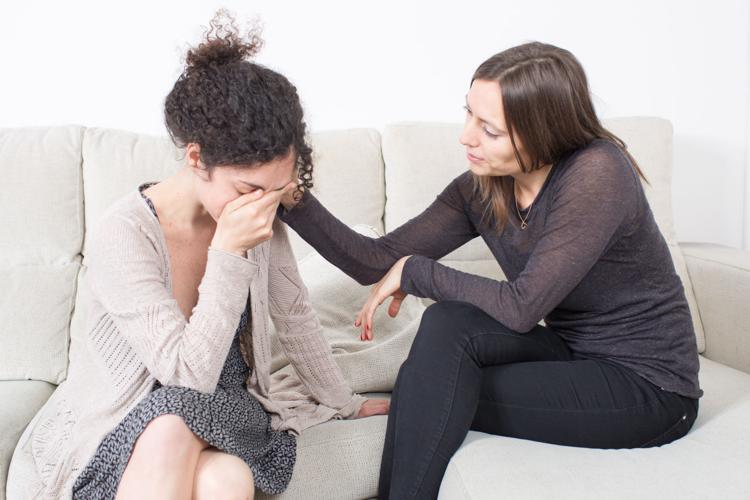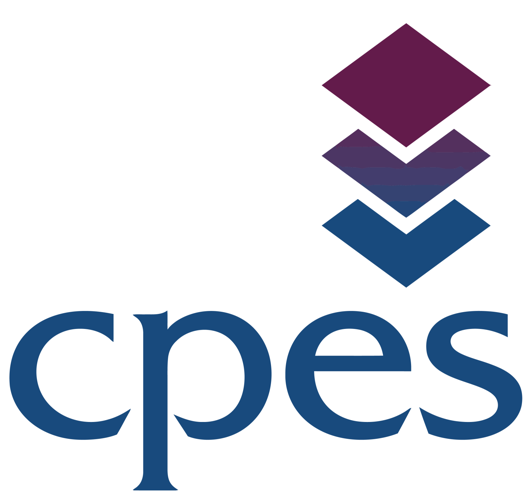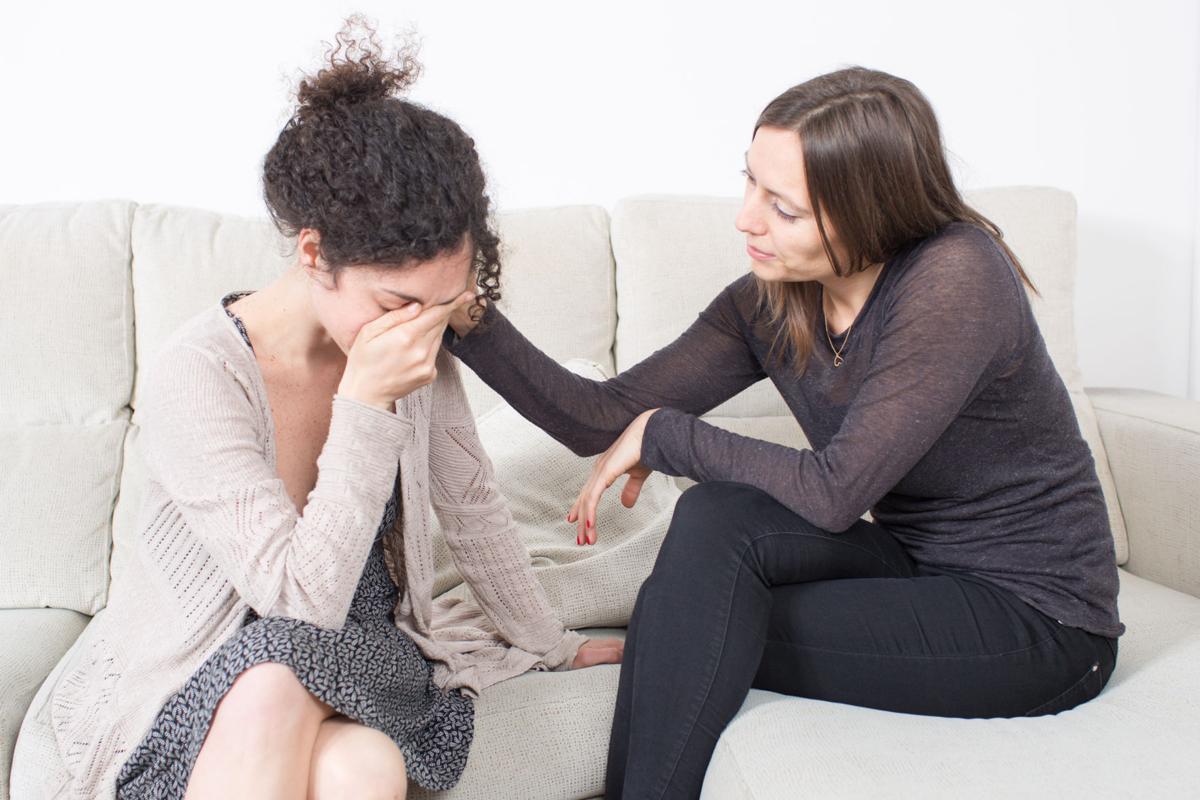This story was created by #ThisIsTucson and underwritten by CPES Novelles, a local and national leader in person-centered, trauma informed care. Thank you for supporting the local organizations that support us!
When a friend is down our natural instinct is to help.
Sometimes just hanging out or listening to their problems is enough, but when the problem is bigger than a bad day, you may be able to help in other ways.
Figuring out whether more help is needed might be tricky since most of us are not doctors. But some changes in behavior can be signs, including: isolating themselves or withdrawing from friends and family; experiencing fatigue; lack of sleep and irritability; decreased performance in school, work or other personal responsibilities; strain on relationships; self neglect such as poor eating and hygiene; and substance use or abuse.
If you notice these behaviors here are a few things you can do:
- Check on your friend regularly to see if they're getting better, worse or staying the same.
- Help them get involved in activities that get them outside, promote relaxation or physical activity.
- Ask them if they're interested in counseling or support. If they are, offer to do the research, show them the options and offer to go with them or give them a ride to the appointment.
- This one's a biggie. If your friend is in crisis and there are concerns for their health and safety do not hesitate to call for help on their behalf immediately and stay with them until help arrives. The National Suicide Prevention Lifeline number is 1-800-273-8255.
And, here are some things that you should NOT do:
- Don't let your fear of making your friend angry or breaking their trust delay your decision to talk to them or seek help when needed.
- Don't react with judgement, disappointment, shock or anger. Keep in mind that your face can convey negative emotions without you ever saying a word. So pay attention to that.
- Don't argue or voice frustration if you feel that your friend isn't helping herself or acting on your recommendations.
Source: Mark Person, program manager of Community Mental Health and Addiction for the Pima County Health Department

Get help with a mental health assessment by CPES Novelles
If you think you or a friend might need professional help, get an assessment by CPES Novelles and find a local therapist who can help.
As a leader in community behavioral health CPES Novelles psychologists can test for things like: ADHD, autism, depression, anxiety disorders, PTSD, eating disorders, addictive and substance disorders and more. The CPES Psychological Assessment Center takes public and private insurance and referrals from a wide range of professionals as well as self and family referrals.
Click here to see the full list or call 1-833-537-CPES (2737) to make an appointment today.






